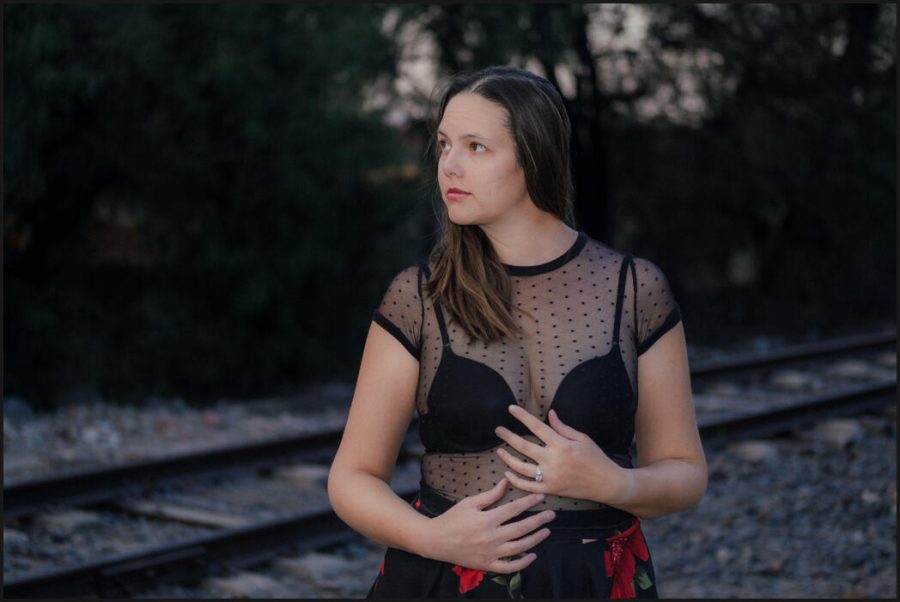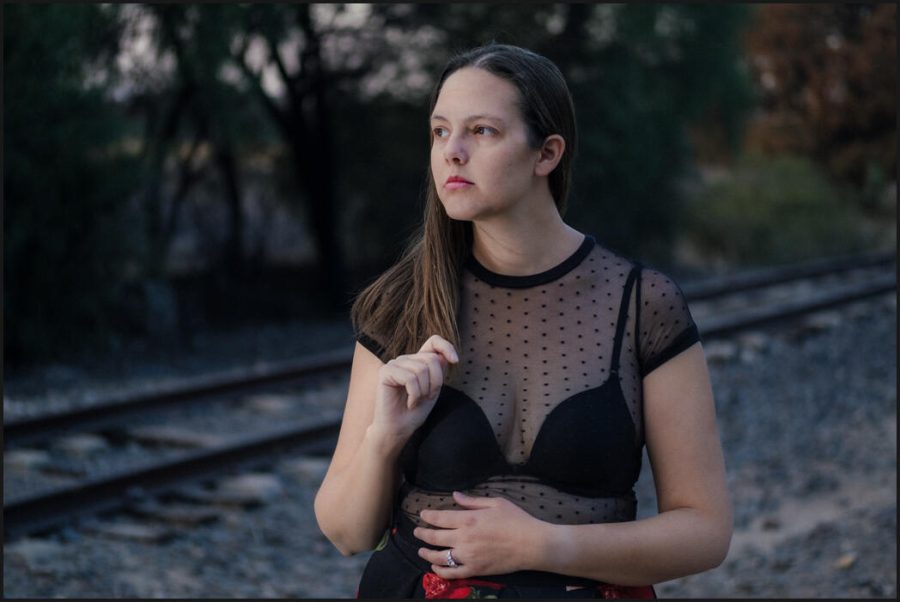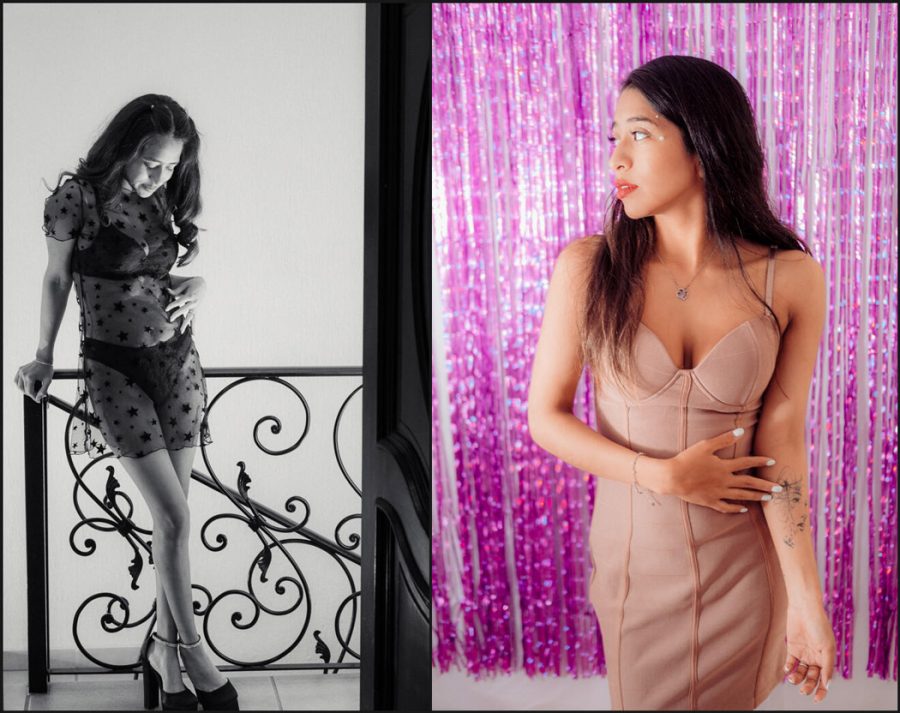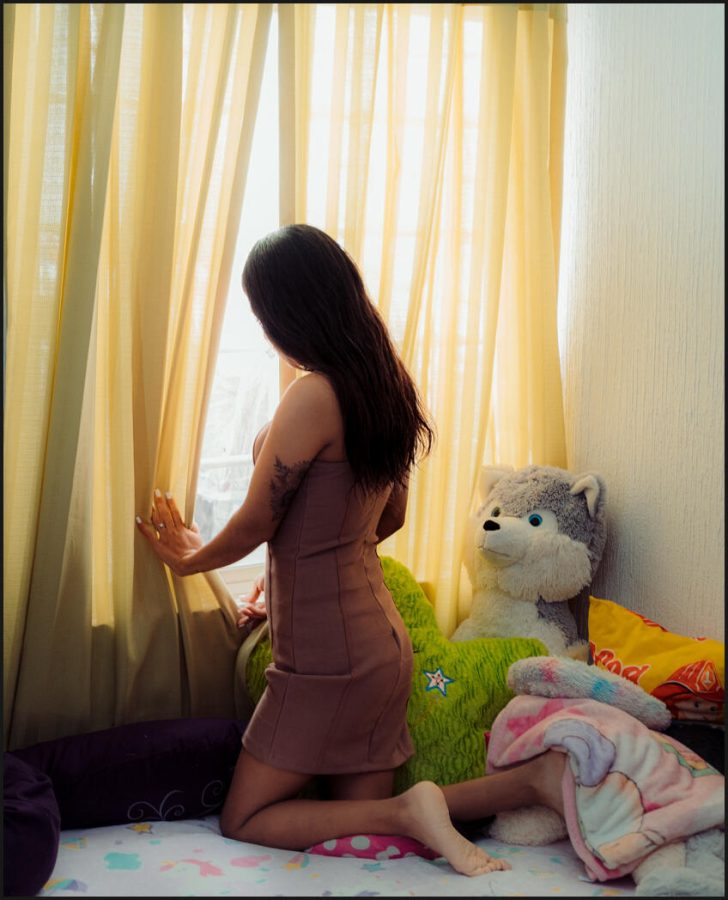Super small flash – We test the Godox LUX SR VS the FlashQ Q20II.
A tiny flash that works is a game changer and I’ll show you why in todays video.
Tech has become so small and in a world of cell phones and ultra compacts we often leave behind big lights and modifiers and umbrellas. Enter a micro-flash. Being portable can lead you to be more creative. But lacking control over light and it’s shadow can lead to boring shots.
So I started searching or tiny but capable micro flashes that actually fit in a pocket. And after a lot of searching I landed on two. The Godox LUX SR vs the FlashQ Q20II. Yes there’s lots of other flashes out there, tilting heads, round or square. So lets get to the video and see how they work.
You can get the Lux SR here and the FlashQ Here via my amazon links if you like. You can also download the free samplers of Silver and Filmist presets and LUTS I used in these photos and to color grade this video.
The secret of using a flash is not power.
I wanted truly pocket size flashes that still packed a punch and the list gets a lot shorter when that is the rule. So I bought these two little flashes and started to work and the results they produce are pretty amazing. Small, but potent if you mix them with natural light.


Off Camera means better control. Pockets also!
In 2023, a flash not having any wireless capability is a but silly and this is where the Godox falls short. Of course they have many other wireless flashes that are good, but not in this form factor and hopefully we will see an improved V2 of this vintage style flash in the future.
Notice how in the test I can such easy dimensional light without much extra work. That makes the FlashQ a little demon for fast creativity. Both these truly fit in your pocket, but the FlashQ does so much more.
The same can be seen below. In this session every shot was with off camera flash mixed with natural light and bouncing of walls to expand the size of the light in relation to the subject rather than focus on the power of the light.
Runners up?
When talking micro size the options get a lot less. Most OEM flashes meant to go with a retro camera will also be more for aesthetic than function. There’s small traditional style tilt flashes like the Godox TT350 that have a lot fo features. But they are still a bit bigger and don’t quite have that micro flash style. But if you want I’ll compare the FlashQ with that also.
Find the flash you will enjoy using and that we will actually bring. That’s the key to all of this. One little flash will transform so many setups if you are ready and enjoy using it.

Don’t overthink flash.
There’s times when I bring out a big AD600 or a 48in softbox and they are amazing. But just as many times I can use a small light and by being aware of the space around me I can use that to create light in a bigger softer way. I rarely point a flash straight at the subject with small flashes and I rarely need more than on or two.
I would not want to ONLY have a small flash being a portrait and fashion photographer. But 80% of the time, I can make a small flash work and keeping on it your bag means you are ready all the time. That’s why a tiny flash is a gam changer.
Gavin Seim

